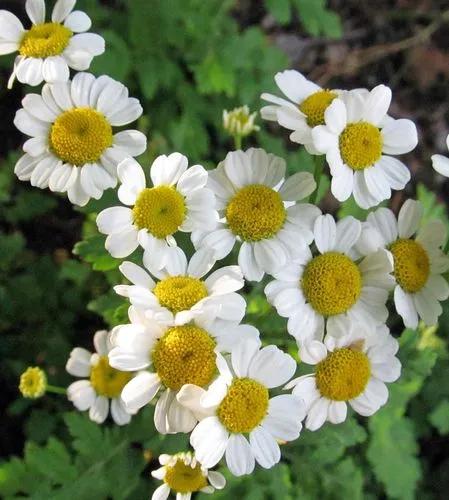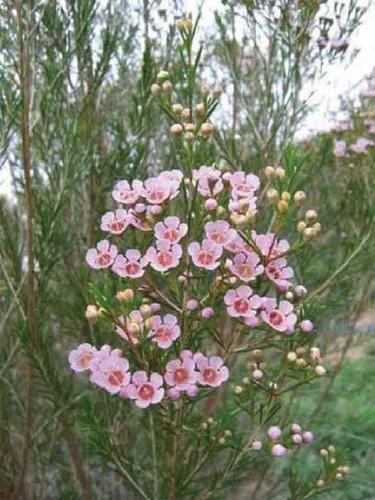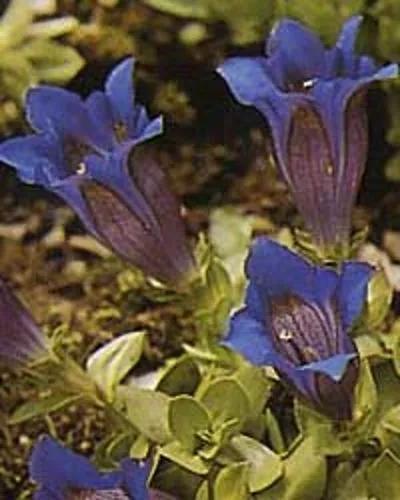Many dyckia cultivars have striking bronze, purple, or silver foliage that makes them especially attractive in contemporary garden designs. They can be planted en masse as a groundcover, or used individually to add an interesting element in a container garden.In the spring, the plants produce flower stalks that have dozens of small but showy flowers that are usually a vivid yellow or orange. The flower stalks can reach up to five feet tall, depending on the cultivar.Dyckia will naturally form a clump over time, as each plant produces young pups around it. Because of this growth habit, dyckia can be used as a groundcover.
Dyckia Care
Dyckia Encholirioides
Other names: Silver Torch



How to Care for the Plant

Water

Water regularly during the growing months and allow to dry out during the winter months.

Fertilizer

Fertilize from spring to fall with a half strength liquid plant food

Sunlight

Dyckia require full sun.

Soil

Require well drained soil.If you want to grow these indoors use an open cactus or bromeliad mix.

Temperature

Dyckia need full sun and temperatures of up to 90 degrees Fahrenheit (32 C.) to thrive. Beware of exposing the plants to freezing temperatures for more than a brief time as they are not cold hardy. Temperatures below 40 degrees Fahrenheit (4 C.) seem to be the limit of Dyckia growing conditions

Popularity

21 people already have this plant 4 people have added this plant to their wishlists
Discover more plants with the list below
Popular articles






